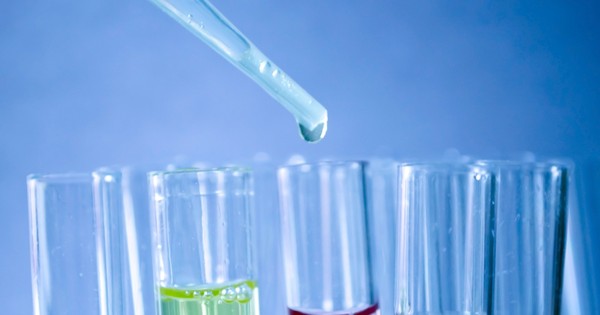- Joined
- Apr 25, 2016
- Messages
- 1,188
- Reputation
- 20
- Reaction score
- 2,645
- Points
- 0
- Currently Smoking
- Sour crack
So after many grows using cheap pH pens or just not bothering and letting the soil buffer the pH and having mixed results I am about to pull the trigger on the blue labs pH meter so I thought I would start this was wondering if you grow in soil do you pH or do u let the soil buffer
If you do pH what kind of meter do you use and any one who has a bluelabs is it worth the price tag
If you do pH what kind of meter do you use and any one who has a bluelabs is it worth the price tag



